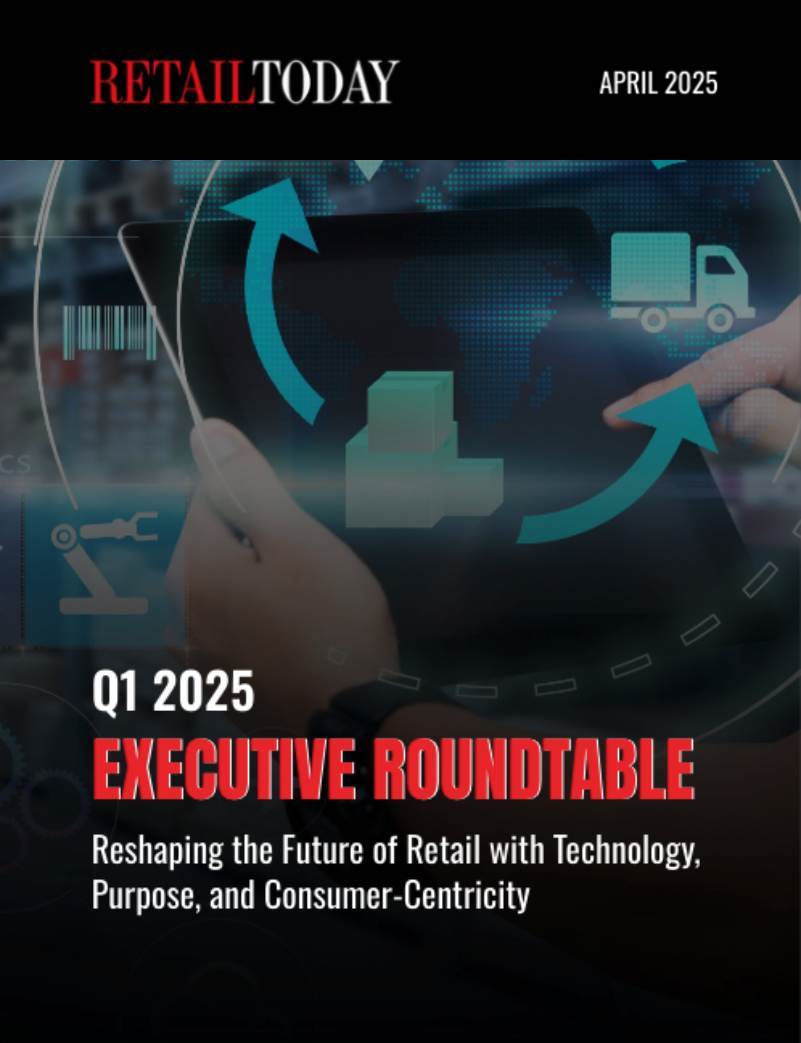
Black Friday, Cyber Week, and the month of December drive more online sales than any other period during the year. Retailers know this — yet the ones running their e-commerce operations on legacy technologies continue to tempt fate. The massive traffic numbers can shut down sites, causing lost opportunities for sales, and a not-so-jolly holiday season for all involved.
Learning from how one sports merchandise retailer overcame a chaotic Black Friday, retailers can prepare for the upcoming holiday season with a more modern, flexible technology infrastructure. A way to become more current and agile is by replacing legacy tools with a MACH architecture.
What is a modern MACH architecture?
The definition of a MACH architecture, as spelled out by the MACH Alliance, a not-for-profit body that advocates for future-proof enterprise technology that is open and composable, relies on four key tech elements:
- Microservices-based components that are independently developed and managed. The elements are loosely coupled, and retailer tech teams can choose the best services or solutions for each standalone function.
- API-first implementations of different components, enabling different microservices-based solutions to communicate with one another through APIs.
- Cloud-native SaaS platforms that host the different integrated tools and automatically update and scale results in the cloud.
- Headless experiences or having a retailer’s front-end digital experiences and consumer-facing presentations decoupled from back-end programming language and frameworks.
Companies across all sectors are migrating toward a MACH approach. The MACH Alliance reports in its global study that nearly 40% of companies worldwide still operate to some degree on legacy systems. However, roughly 90% of the retail companies surveyed in the report said they are planning to invest in MACH, creating the opportunity for brands to provide a more seamless omnichannel shopping experience and enable them to be more innovative for a pivotal holiday sales period.
Black Friday blow-up causes a retailer to invest in composability
As an example of how a legacy platform can restrain retailers during the holidays, a sports merchandise retailer with more than 200 stores across the country learned the hard way on Black Friday in 2022.
The retailer, a member of MACH Alliance, had been operating a POS native to its enterprise resource planning (ERP) system since 2015, dealing with small problems along the way including:
- Slow-running in-store POS systems
- Ongoing connectivity issues
- Very little customer capture happening at checkout
In 2022, they invested in a newer mobile POS solution that was much faster and promised a seamless ERP integration. Then, the small problems got even bigger, particularly around big football weekends in September, leading to a massive crash on Black Friday. Issues with the new POS integration caused the ERP and website to shut down. The retailer couldn’t fulfill orders, and a company fire drill ensued to manage the tech as best it could.
What’s more, the IT team had to roll back the implementation of the new POS to stabilize and troubleshoot the holiday season. Then, in 2023, the retailer decided to start from scratch in finding a best-in-breed POS solution, without regards to their monolith system, and begin their MACH journey. The goal was to develop an infrastructure that could support omnichannel retailing.
Learnings From the MACH Journey
The sports merchandise retailer explored several MACH solutions but did face some immediate challenges. Notably, companies they met with demonstrated a lack of proven tech or had prohibitive implementation fees, for example. The retailer did find a new composable POS system and adaptable, headless solutions, developing a MACH-driven architecture in just six months.
With the new systems in place, the retailer has reported key wins including:
- A POS system that generated 80% customer capture without the addition of a CRM or loyalty program.
- Before the MACH system, the IT team monitored a “fire drill chat” to manage emergency issues at stores like connectivity. Once the system went composable, the IT team noticed the fire drill chat did not receive a request in more than three months.
- A reduction of dedicated employees to manage IT issues.
As the retailer heads into a new holiday season, the IT team feels more confident working with best-of-breed technology solutions that want to succeed alongside the retailer.
Additionally, for companies that do leverage MACH architecture, another benefit is the opportunity to innovate across roles for the holidays such as:
- Marketing teams can create quick-turn holiday graphics with generative AI solutions.
- Merchandising teams can deploy demand-forecasting tools to manage stockouts online and in-store.
- Sales teams can leverage predictive analytics solutions to refine and develop precise promotions around major holiday sales events.
No more IT fire drills for the holidays
The holiday season requires special attention from every role and function within a retail organization. IT teams don’t want to turn the high-sales, festive season into a fire drill, scrambling to keep websites and in-store POS systems up and running. Merchandising, marketing, and supply chain teams also want to leverage the latest and greatest solutions to maximize the holiday sales season. Both can be achieved through a modern, composable tech stack that leverages a MACH approach.






